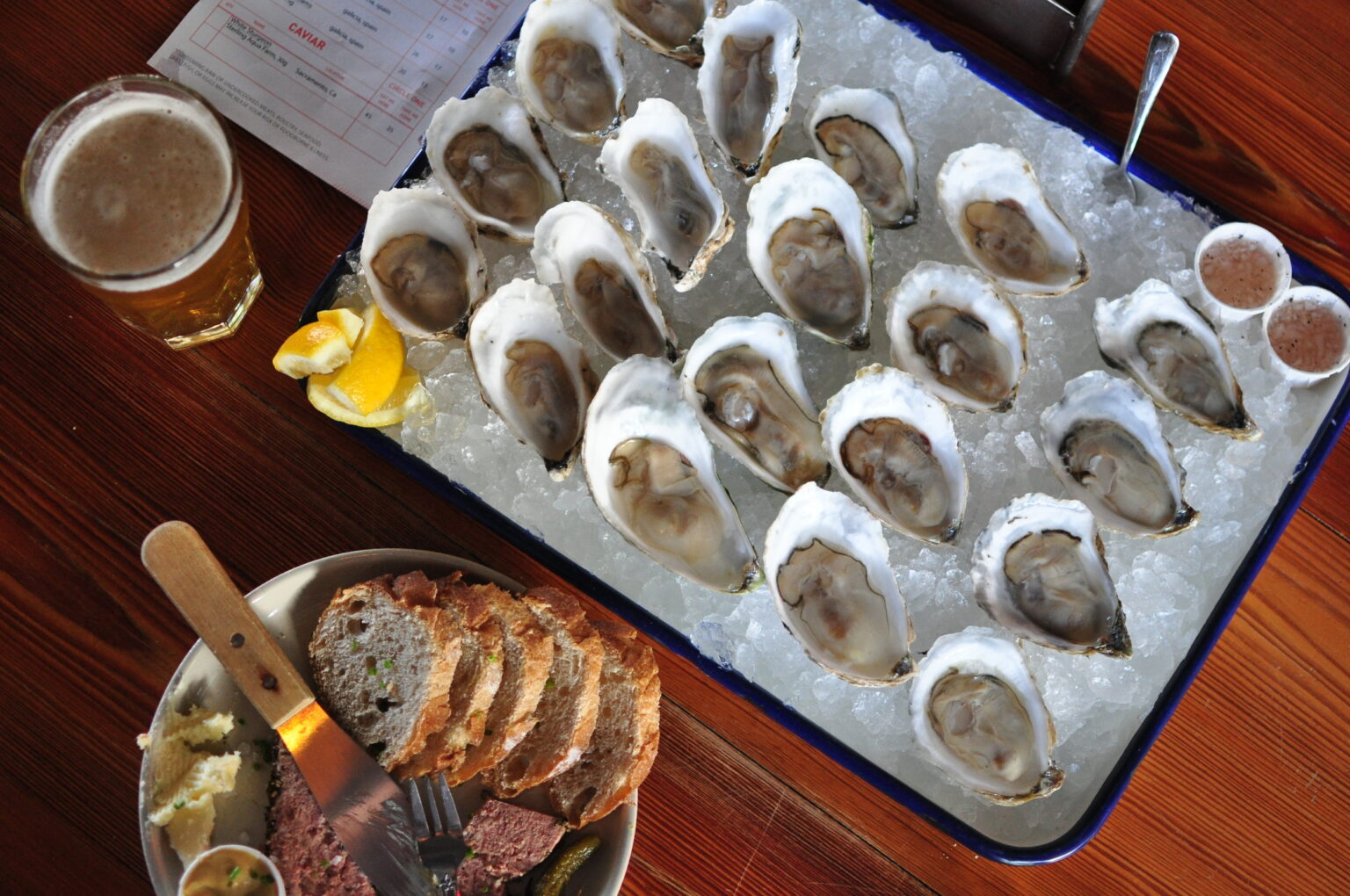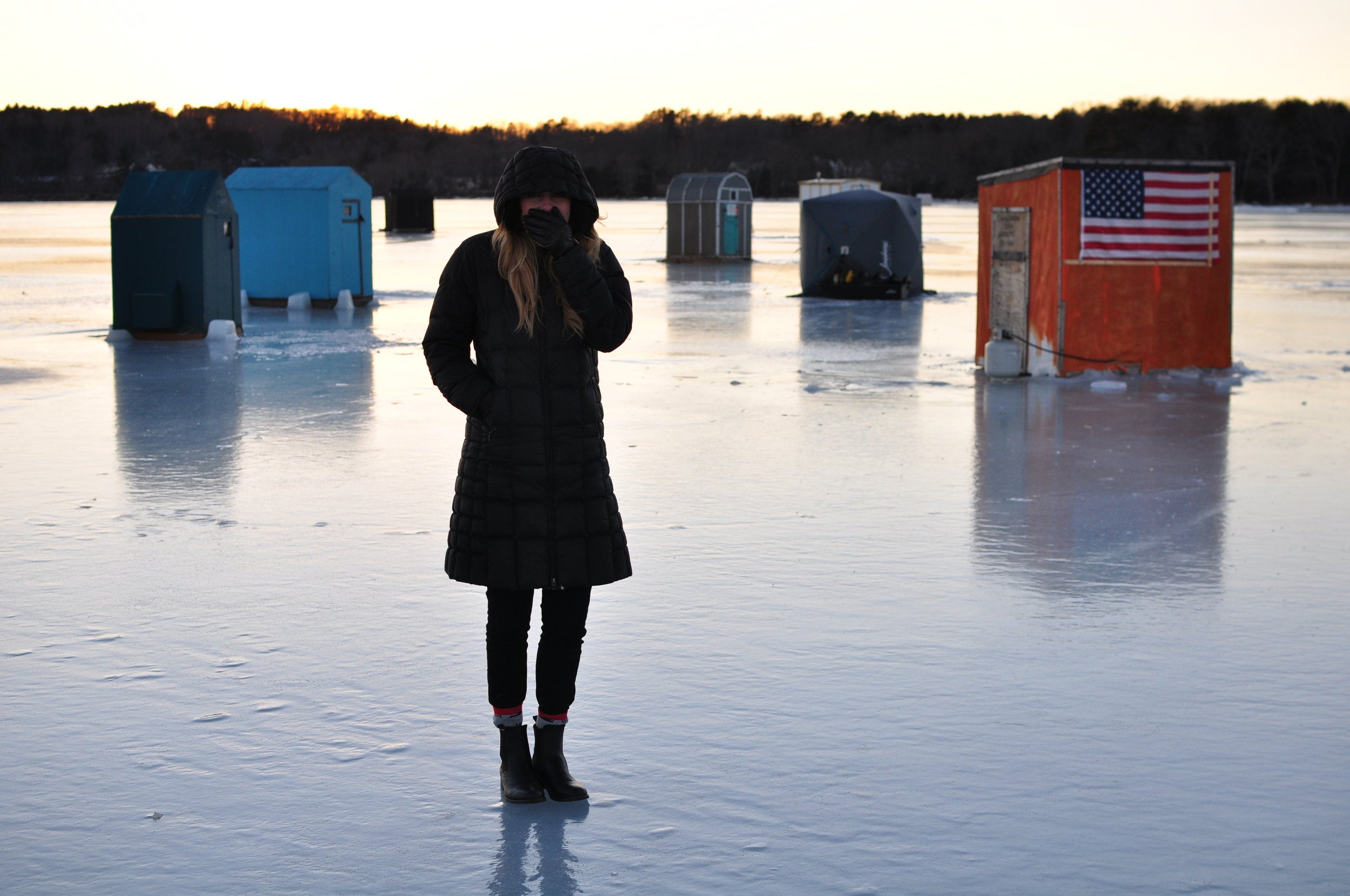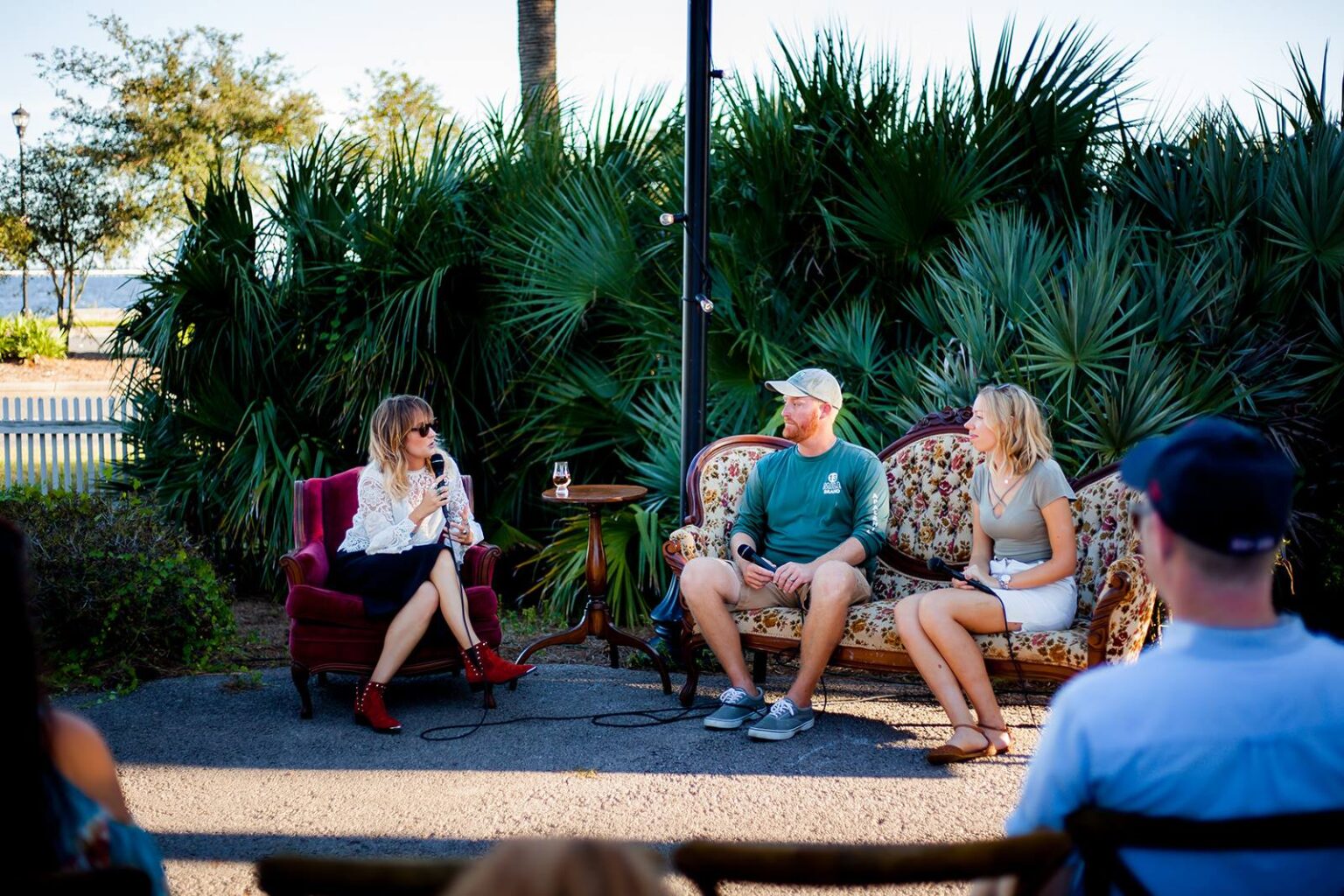Let’s Talk “The Shop” in Portland

Warwick and I pit-stopped into The Shop on our way back from Damariscotta around mid-day on a Sunday. Feeling lucky to get a little reprieve from Maine’s winter wind, we couldn’t wait to cozy up for beers and brine on a bright yellow couch before trekking back to Boston.
It was a sleepy hour when we arrived, which made it ideal for us to take a few snaps. The Shop’s staff were sweet and inviting to let us explore and admire their eclectic design and raw bar lineup. During the middle of the day it’s sunny, cheerful, and could be mistaken for your local Mainer coffee shop if it weren’t for the “OYSTERS” sign out front. I wish this was on a corner in my neighborhood. The Shop would be an oyster lover’s study lounge for sure.
Max Value For Locals & Visitors
We came prepared to order a good stack of shell, and chanced upon another perk of the place. The Shop is the wholesale buying location for Island Creek’s Maine oyster partners before they’re shipped off to ordering chefs around the country. The raw bar is a nod to the state’s sustainable aquaculture, and presents some of the nation’s most coveted oysters… but get this – it’s at a wholesale price. The menu list is roughly half of what you’ll pay in most reputable oyster bars that are shucking farm-grown oysters… I type this with a sly grin. It’s exceptional value.
The Beauty of Diversity
“For most oyster lovers, the goal isn’t to find the “best” oyster – it is to delight in the variations that nature has provided.”
I found this quote in the cookbook I was reading on the yellow couch (The Summer Shack Cookbook by Jasper White). Taking a moment to appreciate the shells above is the epitome of that statement. Take a look at the oysters, classified by their farms in five vertical columns. Each variety is so different but within each column, they are consistent. This says so much about the waters they call home and the care in their cultivation process.
For example, Nonesuch Oysters, third from the left. They’re grown on the bottom of the Pine Point’s tidal estuary in Scarborough, Maine, and produce those beautiful green hues due to the grassy salt marsh surrounding the farm. “Nature works well when you let it,” says Abigail Carroll, Nonesuch owner.
Then move over to the two columns on the left – Mook Sea Farm’s Mookie Blues (far left) and Basket Island’s Wolfe’s Neck oysters (second to left). The seed for both actually comes from the same hatchery (Bill Mook’s in Damariscotta Maine) but they’ve grown up quite differently. While Mook’s are nurtured in surface cages up the brackish estuary of the Damariscotta River, Basket Island’s receive the seawater treatment in Casco Bay, first kept in cages until 2” and then released along the farm’s mudflats for final grow out. Look at the deep, narrow cups of the Wolfe’s Neck oysters – like fingerling potatoes!
This photo says enough about how nature and nurture intersect to make something quite beautiful inside and out. Appreciation in learning where they’re from, how they’re grown and by who makes this experience far more rich. This hard work allows us as consumers to take great pleasure in the nuance of their flavors, shells and stories.
Thank you to The Shop for your hospitality, charm, and shucks. We’ll be back on our next Portland visit
You can follow The Shop by visiting their Facebook Page, or on Instagram at @portlandoystershop.










